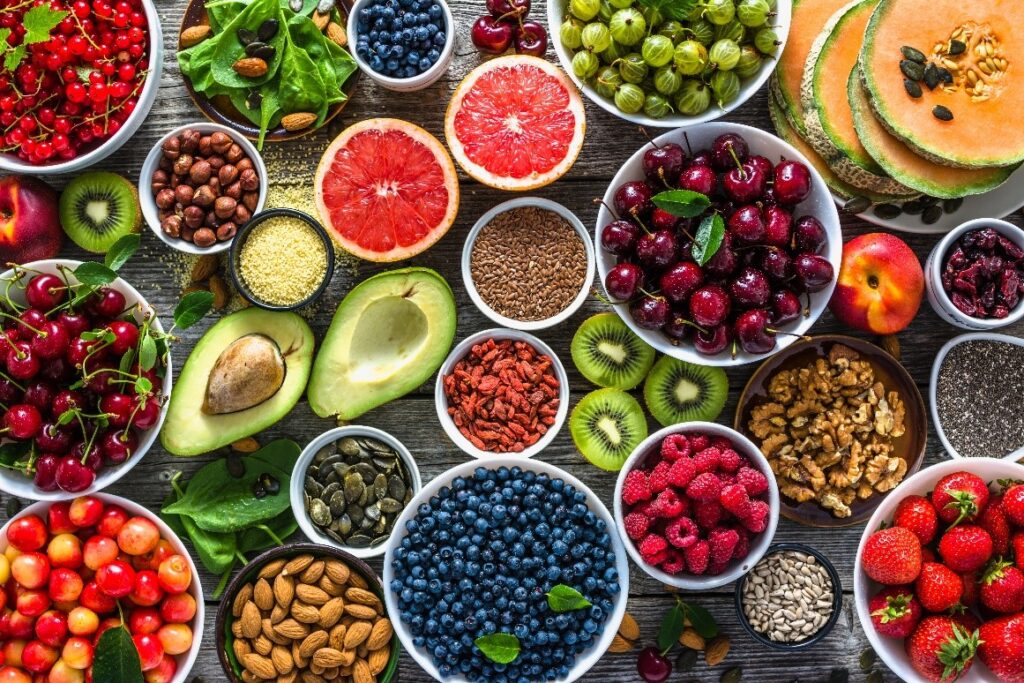
Proper nutrition plays a crucial role in cancer rehabilitation, aiding in recovery and promoting overall well-being. During and after cancer treatment, the body’s nutritional needs change, and maintaining a balanced diet becomes essential for rebuilding strength, managing side effects, and supporting the body’s healing processes. In this blog, John R. Callen explores the significance of nutrition in cancer rehabilitation, offers practical dietary tips, and discusses the role of specific nutrients in promoting recovery.
Understanding Nutritional Needs During Cancer Rehabilitation
Cancer treatments such as chemotherapy, radiation therapy, and surgery can impact appetite, digestion, and nutrient absorption. Consequently, individuals undergoing cancer rehabilitation often face nutritional challenges such as weight loss, muscle wasting, and dietary deficiencies. Adequate nutrition is vital for supporting the immune system, reducing treatment-related side effects, and improving overall quality of life.
Critical Nutrients for Recovery:
- Protein: Protein is essential for repairing tissues, maintaining muscle mass, and supporting the immune system. Lean protein sources like poultry, fish, eggs, beans, and tofu are recommended during cancer rehabilitation.
- Antioxidants: Antioxidants help protect cells from damage caused by free radicals, which may play a role in cancer development and progression. Colorful fruits and vegetables such as berries, spinach, kale, and bell peppers are rich in antioxidants.
- Healthy Fats: Incorporating healthy fats like those found in avocados, nuts, seeds, and olive oil can provide energy and support nutrient absorption. Omega-3 fatty acids, in particular, have anti-inflammatory properties and may help reduce inflammation associated with cancer treatment.
- Fiber: Fiber aids in digestion, promotes bowel regularity, and may help alleviate constipation, a common side effect of certain cancer treatments. Whole grains, fruits, vegetables, and legumes are excellent sources of dietary fiber.
Tips for Eating Well During Cancer Rehabilitation:
Eat small, frequent meals: Consuming smaller meals throughout the day can help manage nausea, fatigue, and digestive issues.
- Stay hydrated: Proper hydration is essential for overall health and can help alleviate symptoms like dry mouth and constipation. Aim to drink plenty of water and hydrating beverages.
- Experiment with different textures and flavors: Cancer treatment can alter taste perception, making certain foods less appealing. Trying new recipes, spices, and textures can help make meals more enjoyable.
- Work with a dietitian: A registered dietitian specializing in oncology can provide personalized nutrition recommendations, address specific dietary concerns, and offer support throughout the recovery process.
Nutrition plays a crucial role in cancer rehabilitation by aiding recovery, managing side effects, and enhancing the quality of life. Individuals undergoing cancer rehabilitation can optimize their nutritional intake and overall well-being by focusing on nutrient-rich foods, staying hydrated, and seeking support from healthcare professionals. Remember, every bite counts on the journey to recovery.



